Boredom, after all, is a form of criticism
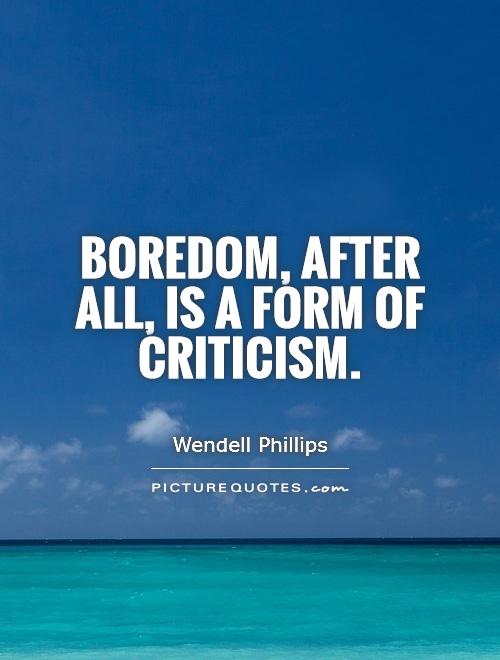
Boredom, after all, is a form of criticism
Wendell Phillips, a prominent American abolitionist and advocate for social reform in the 19th century, once famously said, “Boredom, after all, is a form of criticism.” This statement may seem paradoxical at first glance, as boredom is often seen as a passive and unproductive state of mind. However, when examined through the lens of Phillips’ work and beliefs, it becomes clear that he was suggesting that boredom can be a powerful tool for self-reflection and social change.Phillips was a fierce critic of the status quo, particularly when it came to issues of slavery and social injustice. He believed that complacency and apathy were the enemies of progress, and that it was only through questioning and challenging the existing power structures that real change could be achieved. In this context, boredom can be seen as a symptom of a society that is stagnant and unresponsive to the needs and desires of its people.
When we are bored, we are essentially saying that we are not satisfied with the way things are. We are craving something more meaningful, more engaging, more fulfilling. This dissatisfaction can be a powerful motivator for change, both on a personal level and on a societal level. It can push us to seek out new experiences, new ideas, new ways of thinking and being. It can inspire us to challenge the status quo, to question authority, to demand justice and equality for all.
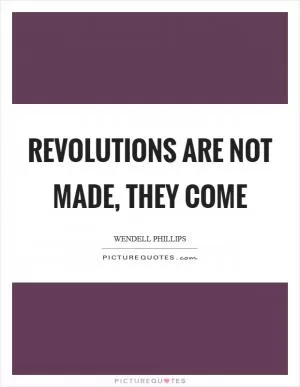


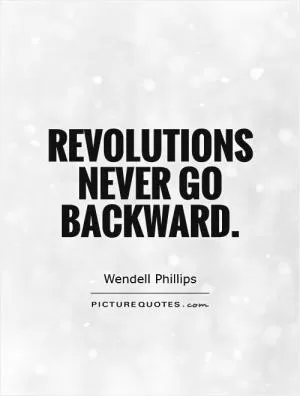



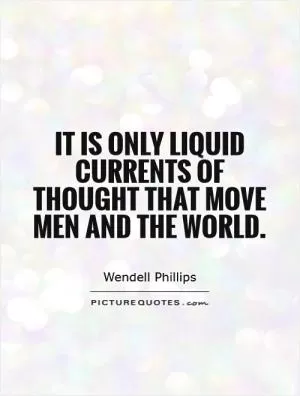

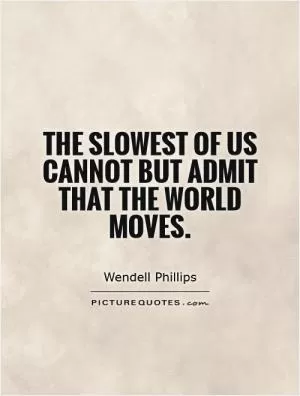


 Friendship Quotes
Friendship Quotes Love Quotes
Love Quotes Life Quotes
Life Quotes Funny Quotes
Funny Quotes Motivational Quotes
Motivational Quotes Inspirational Quotes
Inspirational Quotes